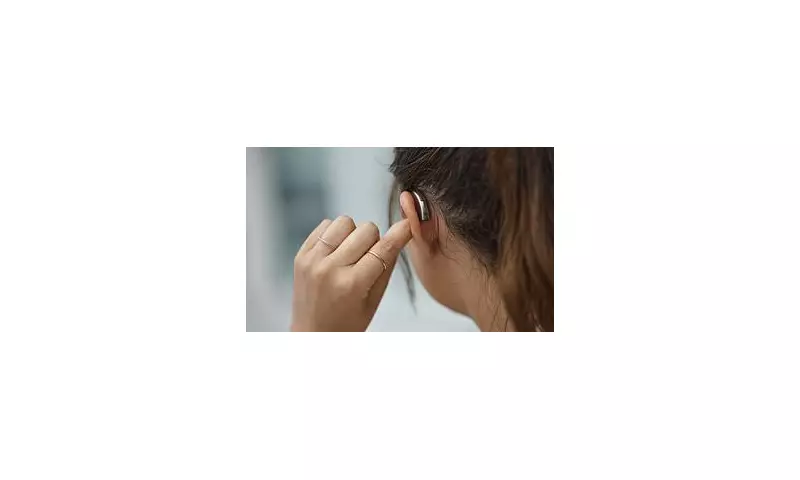
A landmark study involving nearly 200,000 women has delivered a startling finding: the use of Hormone Replacement Therapy (HRT) could be linked to a significantly increased risk of hearing loss.
The extensive research, which analysed data from women aged 30 and over, discovered that those undergoing HRT treatment faced up to a 25% greater chance of developing hearing problems compared to those who had never used it.
The Stark Numbers Behind the Link
The study's scale lends considerable weight to its conclusions. Researchers followed a vast cohort of women for an extended period, meticulously tracking their health outcomes. The results indicated a clear and concerning correlation between the duration of HRT use and the likelihood of auditory issues.
While the exact biological mechanisms are still being unravelled, scientists theorise that the hormones used in treatment—particularly oestrogen and progestin—may directly impact the delicate blood supply and cellular function within the inner ear, potentially leading to irreversible damage over time.
A Dilemma for Women and Doctors
This new evidence presents a complex dilemma for the millions of women who rely on HRT to manage debilitating menopause symptoms such as hot flushes, night sweats, and bone density loss. For decades, HRT has been a cornerstone treatment, offering life-changing relief.
However, this potential new side effect adds a critical layer to the risk-benefit analysis that every woman and her doctor must undertake. It underscores the necessity of personalised healthcare and informed decision-making when considering menopause management options.
What This Means for the Future of Treatment
The medical community is urging a measured response to these findings. Experts emphasise that HRT remains a highly effective treatment for many, and women currently on it should not stop abruptly without consulting their GP.
Instead, this study highlights the pressing need for:
- Increased awareness: Women should be made aware of this potential risk when discussing HRT.
- Further research: More studies are needed to confirm the link and understand which specific types or formulations of HRT might carry the greatest risk.
- Enhanced monitoring: Regular hearing checks could become a recommended part of long-term health monitoring for women choosing HRT.
This research marks a crucial step forward in understanding the full spectrum of HRT's effects, ensuring women can make the most informed choices about their health during and after menopause.





